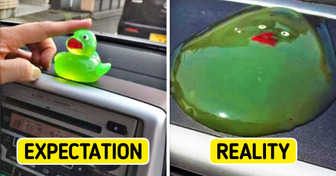10+ People That Took a Leap of Faith and Changed Their Appearance

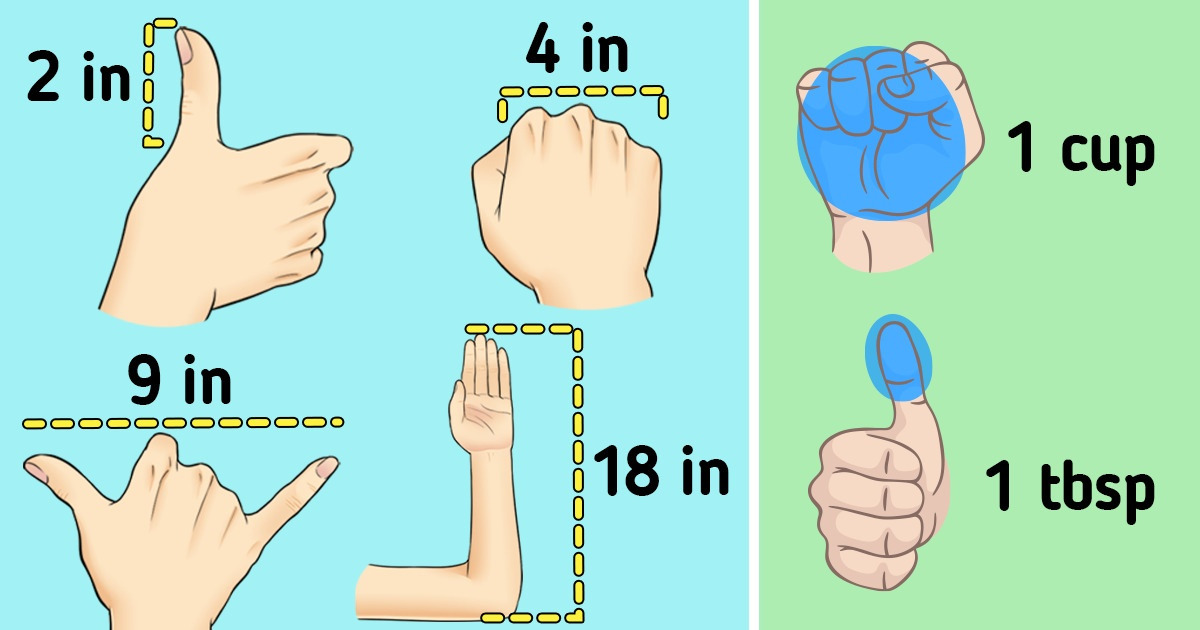
Sometimes you don’t have a tape measure or ruler at hand, then use common objects as units of measure for approximate estimating the size of objects. There are clever ways to measure things without a ruler or measuring cup using your body and everyday items, such as banknotes, credit cards and other things.
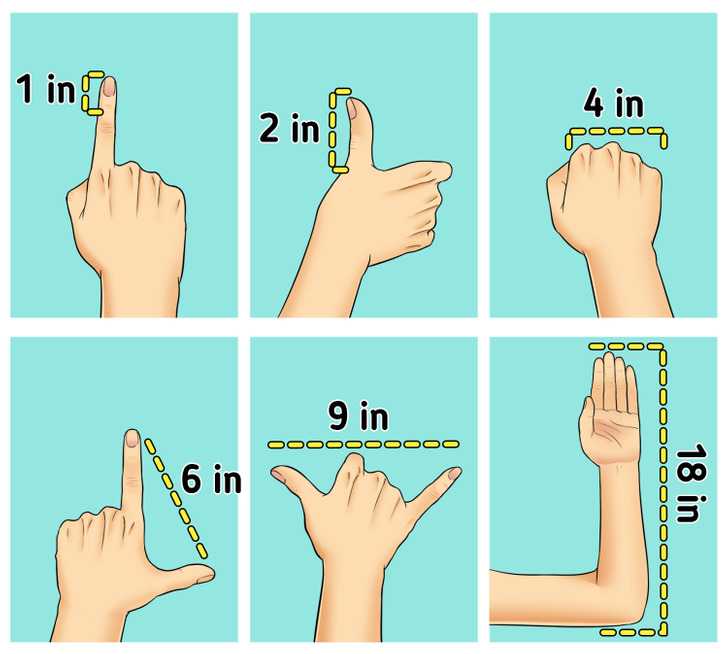
The human body has been used to provide the basis for units of length for millennia. For example, the length of the international foot corresponds to a human foot with a shoe size of 13 (UK), 14 (US male), 15.5 (US female), or 48 (EU sizing).
For approximate measuring, you can also use the following equivalences.
For measuring food portions, follow this conversion diagram:
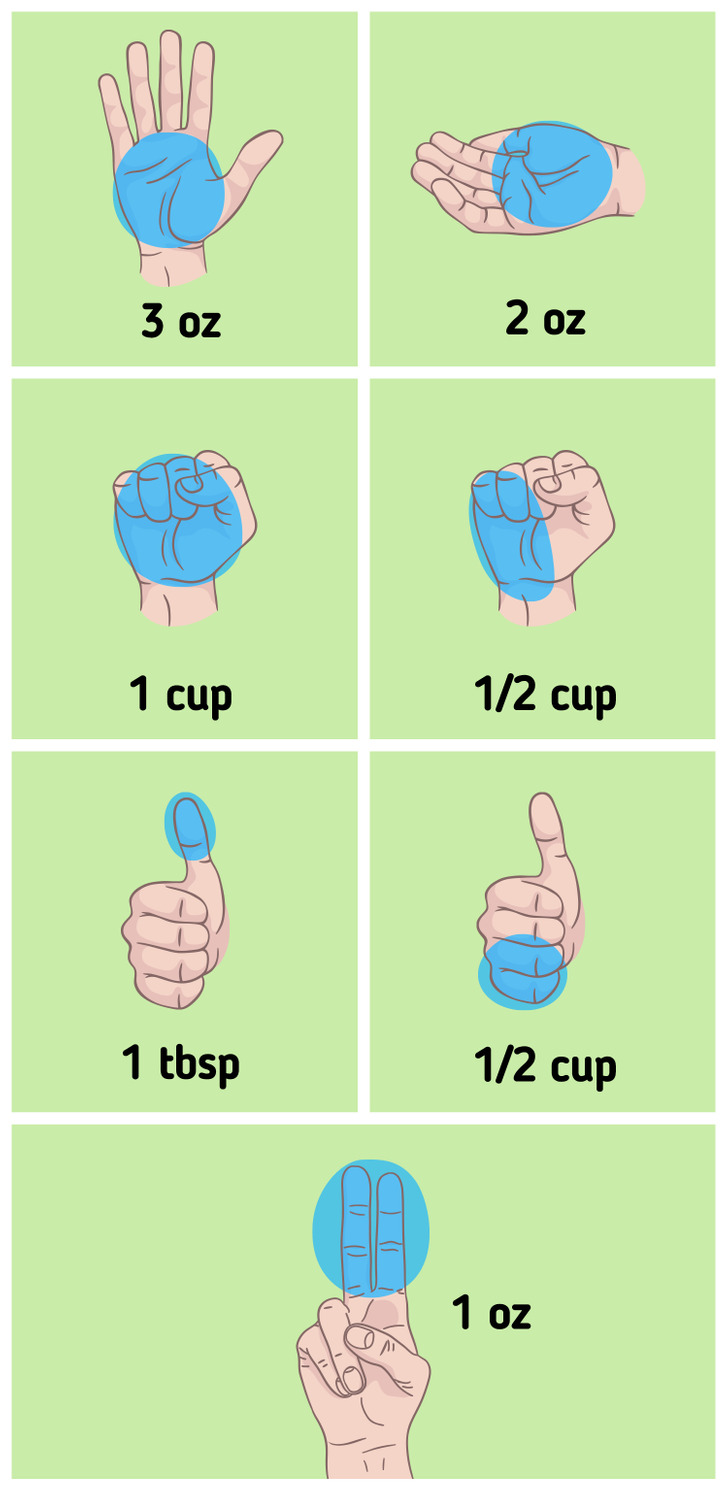
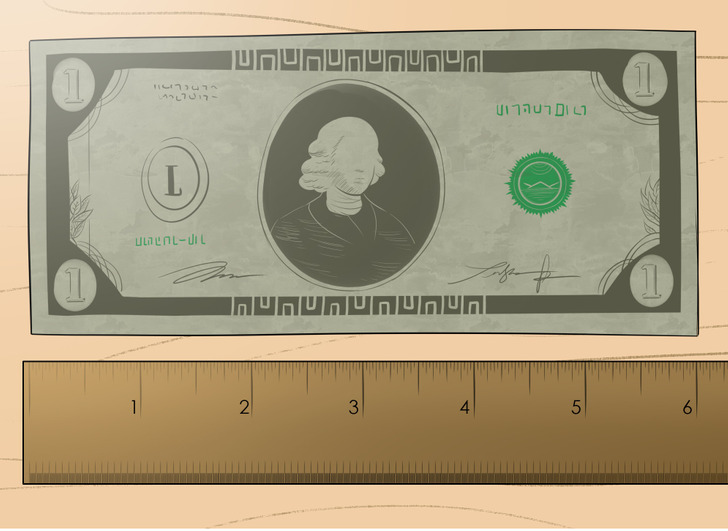
Using your local bills to measure something can be a good idea since it’s an object that you likely have with you at all times. Bill size varies, depending on the currency and sometimes on value. Some of the most popular currencies are:
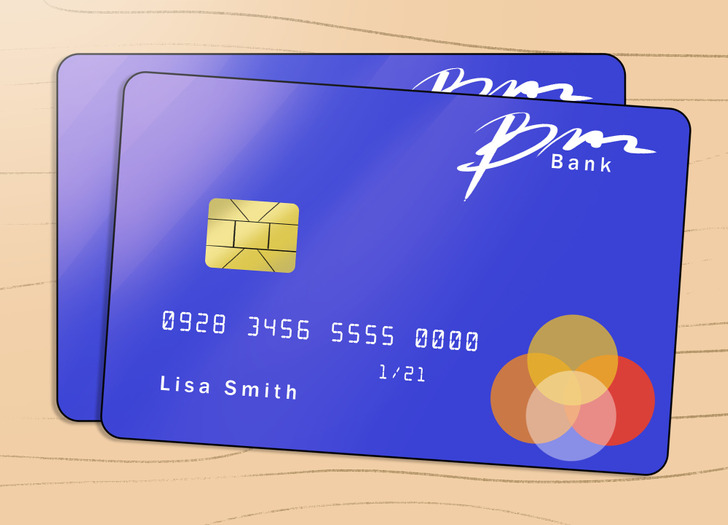
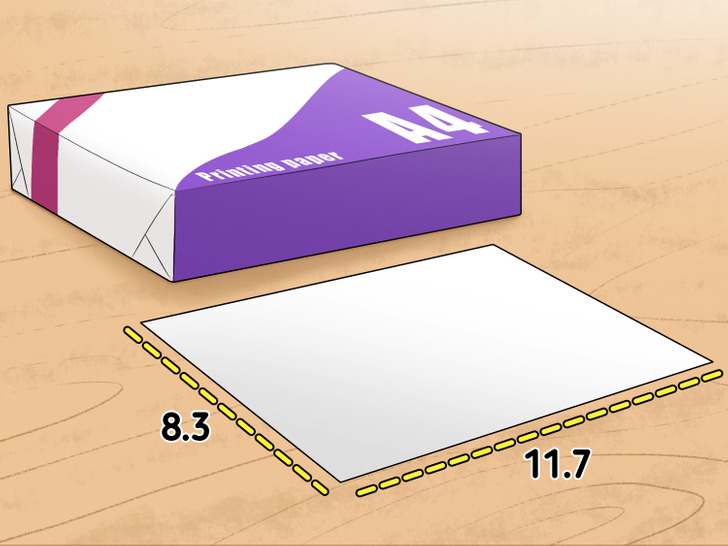
Modern paper is defined by the ISO 216 international paper size standard. That means that wherever you go, if you buy paper that’s advertised as A4, it should be this size:
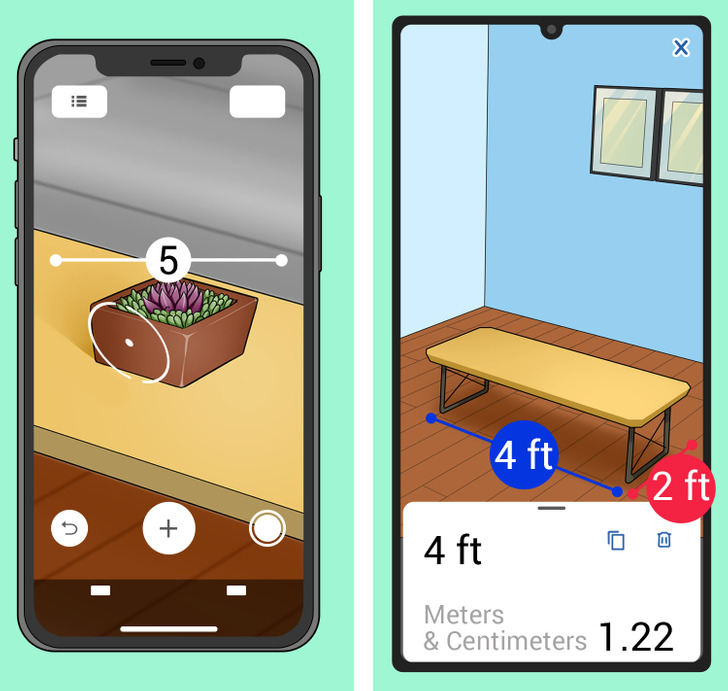
Modern smartphones either come with an app that you can use to measure things, or they allow you to download specialized apps for this purpose. For example, both Google and Apple offer a free app called Measure.
Have you managed to measure something without using the proper measuring tools? What other efficient ways do you use for approximately measuring things?

